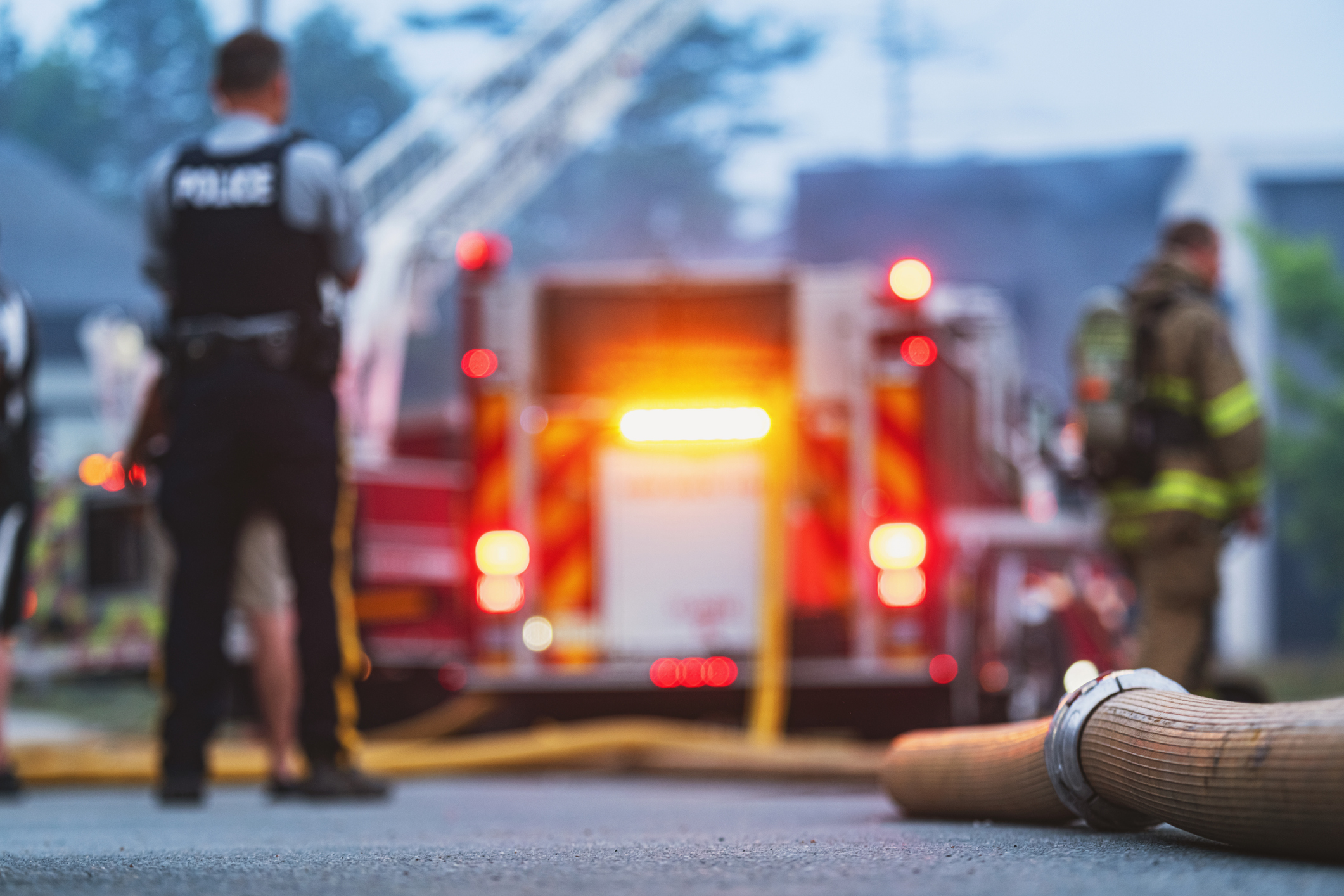When an EF3 tornado struck St. Louis on May 16, it disrupted lives, homes, and financial security. While that storm was devastating, it’s just one example of how quickly a disaster can upend everything.
Whether you’re recovering from a disaster or preparing for what’s to come, the right financial tools can make all the difference. Here are some practical ways to protect yourself, recover faster, and rebuild with confidence.
Emergency Savings: Your First Line of Defense
If you were lucky enough to have emergency savings when a disaster hit, you know how critical that cushion can be. These funds act like a financial hard hat, helping you cover immediate expenses when FEMA checks or insurance claims are still being processed.
Ideally, aim to set aside three to six months of essential expenses — but even $500 to $1,000 can make a difference in the first 72 hours after a disaster. Keep these savings in a separate interest-bearing account that’s easy to access but hard to dip into.
Also consider whether your union or employer offers a payroll-deducted Emergency Savings Account (ESA). These accounts make it easy to build savings automatically over time.
Insurance: Review It Before You Need It
Insurance is your financial safety net. However, many families find out too late that their coverage wasn’t enough or didn’t cover the kind of damage they experienced. For example, most standard policies don’t cover flood damage. So if you live in a high-risk area, consider additional coverage through the National Flood Insurance Program.
Take time to review your homeowners or renters policy and update coverage to reflect rising repair costs and property values. It’s also a good idea to document your belongings. Record detailed videos of everything in your home and save them to the cloud. This expedites the claims process in the event of a house fire or other disaster.
Check your auto insurance, as well. Storm damage to your vehicle is only covered if you have comprehensive coverage — not just liability.
Help for Home Repairs
If your insurance doesn’t cover all the damage, you still have options. FEMA’s Home Repair Assistance program offers grants to help make your home safe and livable, though not fully restored. Local nonprofits like Rebuilding Together and Habitat for Humanity may also provide materials and volunteer labor for essential repairs.
Federal and State Disaster Relief
There are government programs that help people get back on their feet after natural disasters. FEMA Individual Assistance, for example, covers temporary housing, essential repairs, and personal property losses. You can apply online — at DisasterAssistance.gov — up to 60 days after the federal government declares a disaster. St. Louis residents impacted by the May 16 tornado have until August 11 to apply.
If you lost work due to the storm and don’t qualify for standard unemployment benefits, you may be eligible for Disaster Unemployment Assistance (DUA).
Rebuilding with Resilience
Recovery isn’t just about surviving — it’s about rebuilding stronger. FEMA and local housing authorities offer temporary housing grants, and Home Again Recovery Fairs can connect you with vetted contractors, housing counselors, and legal aid.
If you’re a union worker doing cleanup, please follow OSHA’s safety guidelines closely. Post-storm hazards like mold, downed power lines, and contaminated floodwaters are real and dangerous.
Banking Support for Disaster Recovery
As your financial partner, Midwest BankCentre is here for you when you need us most. Here’s how we can help:
- Emergency Assistance Loans: These fast-approval, low-interest loans come with a 45-day deferred payment option.
- Affordable Home Improvement Loans (AHIL): If your home was damaged, our AHIL program can help finance essential repairs — like new roofing, HVAC, or windows — at rates working families can manage.
- Free Financial Counseling: Our advisors can help you prioritize bills and steer clear of high-cost lenders.
Be Proactive: Prepare for the Unknown
Natural disasters are a part of life — but financial devastation doesn’t have to be. Start building your emergency fund today. Review your insurance policies annually. And keep your credit healthy by paying bills on time and avoiding unnecessary debt.
If you’ve been set back, Midwest BankCentre is ready to help you move forward. Our team is here to listen, support, and guide you toward recovery with financial solutions built around your needs. Call us today at 314-631-5500.
Originally published in the Labor Tribune’s July publication by Wes Burns, Executive Vice President of Community and Economic Development.


